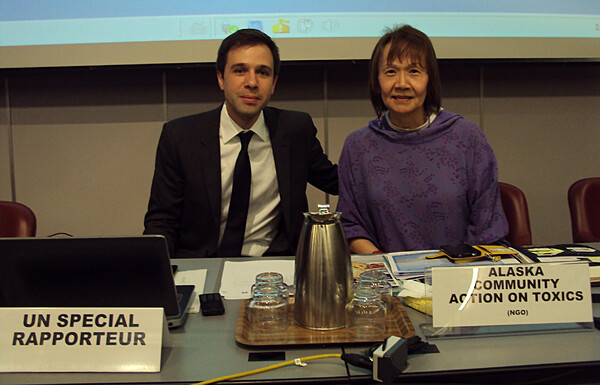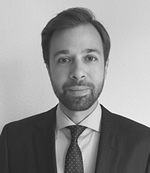
People around the world are exposed to toxic substances linked to certain cancers, reproductive impairment, respiratory diseases, diabetes and neurodevelopmental harm, among other adverse health effects. Children are at greatest risk. Pediatricians describe a number of children today as born "pre-polluted." A silent pandemic of disease, disability and premature death is now widespread around the world, in significant part due to childhood exposure to toxic substances during sensitive periods of development. People living in poverty, indigenous peoples, women, workers, migrants and minorities are also more vulnerable to exposures and associated violations of their rights to life, health, food, water, just work conditions, and a healthy environment.
This call featured Baskut Tuncak, United Nations Special Rapporteur on hazardous substances and wastes (i.e. toxics) for a discussion of why and how toxic exposures can violate human rights and how exposure to pollutants is a public health crisis present in all countries, from the wealthiest to the least industrialized. We learned about United Nations efforts to compel polluters to end this abuse by adopting solutions that prevent or minimize exposure to stop the poisoning of communities, workers, and consumers.
Featured Speaker
 Mr. Baskut Tuncak (Turkey/USA) was appointed Special Rapporteur on the implications for human rights of the environmentally sound management and disposal of hazardous substances and wastes, also informally known as the “Special Rapporteur on toxics” in 2014. His mandate was renewed in September 2017 for a period of three years.
Mr. Baskut Tuncak (Turkey/USA) was appointed Special Rapporteur on the implications for human rights of the environmentally sound management and disposal of hazardous substances and wastes, also informally known as the “Special Rapporteur on toxics” in 2014. His mandate was renewed in September 2017 for a period of three years.
Mr. Tuncak is an attorney and chemist specializing in toxic pollution related matters. He spent nearly a decade working for various high-tech industries as a research chemist, before transitioning to the international legal profession, working with not-for-profit organizations, private foundations, national and regional governments and other public-interest entities. He is a senior researcher at the Raul Wallenberg Institute and lectures at various Universities. His legal practice has focused on various national, regional and global laws and policies relevant to toxic chemicals and pollution, including international environmental, human rights and trade regimes, as well as corporate ethics.
This call was hosted by the CHE-Alaska Partnership, which is coordinated by Alaska Community Action on Toxics (ACAT). It lasted for 60 minutes and was recorded for the call and webinar archive.
